Patients with Pseudodysphagia complaint about the inability to swallow but they do not have any physical symptoms to account for their condition. The word Pseudodysphagia comes from GreekPhagophobia where “phagein” means eating and “phobos” means deep dread, aversion or fear. Other names for this phobia include sitophobiawhere sito is Greek for food.
Pseudodysphagia is an unnatural and irrational fear of choking or swallowing that causes a person to believe s/he will become ill or die if one tries to eat solid foods. The nature of difficulty these patients face when it comes to swallowing varies depending on the level of their fear: some people can only eat very small pieces of well lubricated foods, while others are afraid of drinking liquids or swallowing pills or tablets. Naturally, there is substantial loss of weight in this phobia and it is a debilitating condition that can interfere with one’s day-to-day life.
What are the causes of fear of choking phobia?
As with most specific phobias, Pseudodysphagia also begins with a negative experience related to swallowing food. As a child, the phobic might have choked, vomited or had an “embarrassing response” after swallowing certain types of foods. The brain then creates the same response as a defensive mechanism each time one is confronted with the thought of eating. For example, a patient recalls choking (as a child) on a quarter after it got lodged in his throat. He lost consciousness and turned blue and recalls fearing eating solid foods like steaks, meats, capsules, pills (anything hard or chewy) after the incident.
Psychiatrists also believe that most people with the extreme fear of choking are usually anxious or suffering from other psychiatric disorders like depression, Hypochondriasis, Agoraphobia or have a general predisposition to panic attacks.
The fear of choking is also often listed in conjunction with Globus sensation-(a condition that comes and goes wherein the patient feels there is a lump in his throat that prevents him from eating). However, the two conditions are different; Globus sensation is more common and occurs when patients are typically suffering from ear-nose-throat infections that cause them to fear they might choke or vomit after eating.
 Symptoms of Pseudodysphagia
Symptoms of Pseudodysphagia
Psychogenic Dysphagia leads to many psychological symptoms, the most important one being inefficient ordisorganized swallowing. Other symptoms of the fear of choking include:
- Avoidance of food, especially swallowing pills, tablets, hard and chewy foods
- Abnormal oral behavior is also seen including deviant tongue movements, feeling the throat pressure, and complaint of globus sensation.
- Malnutrition and weight loss are common side effects of this phobia
- General difficulties in breathing, swallowing and other issues like elevated heart rate, feeling dizzy, having fearful thoughts of dying, passing out or embarrassing oneself in front of others are common symptoms of Pseudodysphagia.
- Nightmares about choking on candy, peanuts or indelible objects also tend to keep these patients awake at night.
- Some refuse to eat in front of others thinking that swallowing makes “unpleasant noises”.
Needless to say, this phobia is a debilitating condition that affects the normal life of the patients.
Source: http://www.fearof.net/fear-of-choking-phobia-pseudodysphagia/
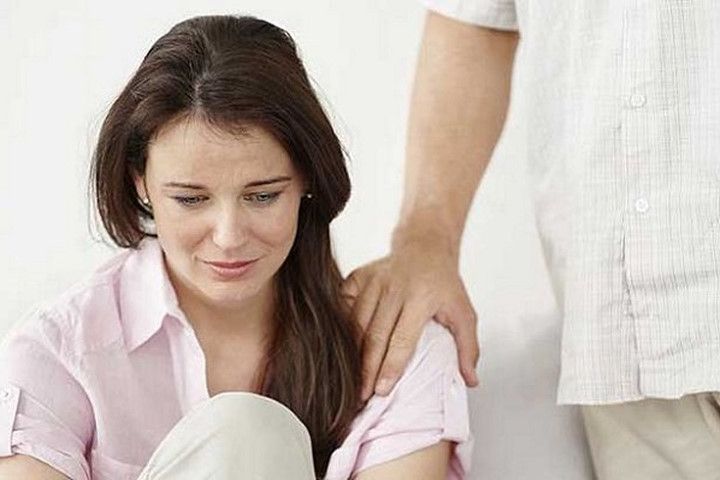

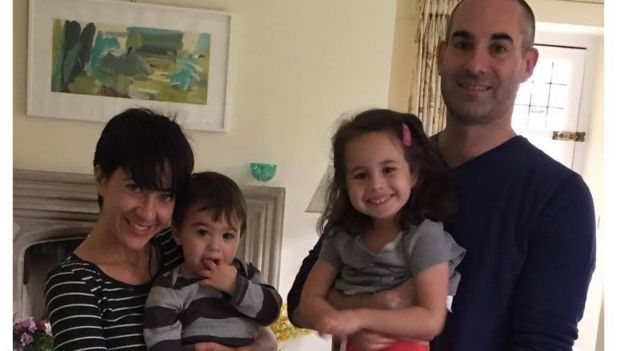



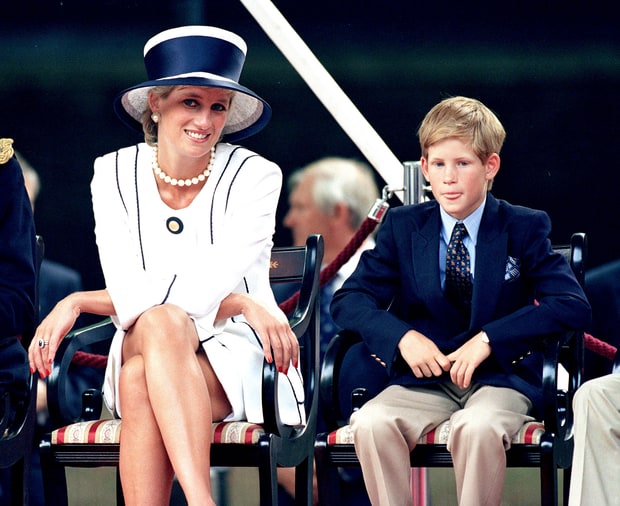




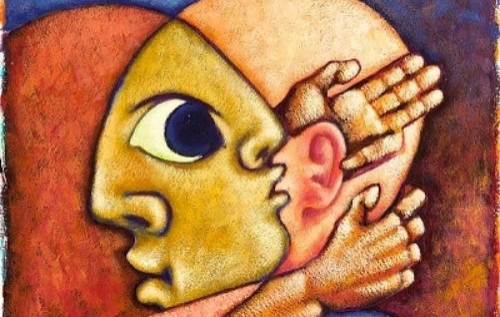





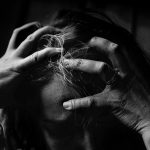


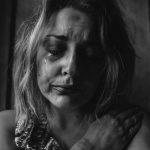
Death and taxes, as the saying goes, are the only certainties in life. So why then is one of these things still so hard to talk about? Not taxes, that’s just zzzzz, but death. Always death.
As inevitable as dying may be, talking about mortality remains taboo. How strange this is when it affects us all – not just our own deaths of course, but those of our loved ones, as shown by Prince Harry’s recent admission that he regrets not talking sooner about how his mother’s death affected him.
Harry was 12 when Diana, Princess of Wales, died. At 31, he was hosting an event at Kensington Palace for the mental health charity Heads Together when he admitted that he only began opening up about her sudden death three years ago. That’s a lot of years of sweeping a defining life event under the carpet.
I was 10 when my mother, Jane, died in 1985. And it has taken me all this time to open up about it. Last year, I wrote a piece for the Guardian’s A Moment that Changed Me series about her death. I had recently started a new relationship, and my boyfriend asked me what had happened. I realised I had never really talked about it before, and that I needed to.
The piece struck a chord. In the first few days alone it had more than 225,000 views online. I had comments from readers all over the world – and not just in the comments thread beneath the piece, but from strangers who tracked me down via social media.
Even now, a year later, people I know vaguely come up to me and say they have read the piece, and that they were moved, or that they too have been bereaved. Maybe it was their father, their sister or their friend – but they have been bereft, broken and lost, and they too have rebuilt themselves, and their lives. The message is clear – this is a universal feeling.
And even if you have never been bereaved, have rarely contemplated your own mortality or that of your nearest and dearest, talking about death can be liberating. An old school friend got in touch after I wrote the article. To think that I was going through all of that at school, she said. She didn’t have an inkling. How could she? My new life had begun and I was not to look back on my old one. This was the message that resonated throughout the rest of my childhood.
After my mother’s death, I was looked after by a friend of hers, who had three older children – two were young adults, aged 20 and 18. They didn’t understand how a 10-year-old could be grieving. On the first Mother’s Day that rolled around – less than four months after she died – they pressured me into giving my new foster mother a card. “She’s done a lot for you,” they said. How could I possibly say this woman wasn’t my mother? That I had but one mother, and that she was dead. I was a shy child. I kept my mouth shut and handed over a card. They did not mean to be cruel. They were protective of their own mother. And I am sure they genuinely did not know how I was feeling, or think to talk to me about it.
I understand. Talking to a child who has lost a parent is particularly difficult, and heartbreaking. But bereaved children are not rare. The charity Child Bereavement UK estimates that 23,600 parents of children under 18 die every year, and that one in 29 children has lost a parent or a sibling – that’s one child in every class.
There’s a mistaken idea that children forget, and that they adapt. Yes children can be resilient and adaptable – as can adults. But children grieve. We need to acknowledge this, and learn how to talk about death.
It has taken me 30 years to realise that my story isn’t over – and that talking about my mother’s death doesn’t mean I am stuck in the past, but that I am moving forward. I have started writing about her more, and about the multifaceted aspects of bereavement. And because of this opening up, not only have strangers been in touch, but also people who knew my mother. I have even met some of them – a moving, strange and surreal experience. So I will continue to talk about death, to open up, to throw off my Britishness, because it feels right. And you should too.